Episode 302 - Scaling an Ice Cream Empire. Overcoming Challenges. With Blue Bell's Ricky Dickson
Ricky Dickson, the retired CEO of Blue Bell Ice Cream, joins the Faith Driven Entrepreneur podcast to discuss his experience leading and scaling a national company through growth and incredible pitfalls.
Using his new book, One Scoop at a Time, as a backdrop, Ricky shares how his 40+ year career at Blue Bell started right after college. He gives an overview of the ice cream market and how Blue Bell positioned itself as a high-quality, middle-ground option and talks about the importance of constant innovation and listening to customer feedback.
He also discusses the challenges Blue Bell faced during the Listeria outbreak and how the company focused on safety and rebuilding trust. He emphasizes the value of consistency and staying true to the company's culture and values and shares how his faith has helped him find peace in the midst of challenges by relying on God and His guidance.
Find more about Ricky in his new book: https://www.amazon.com/One-Scoop-Time-Stories-Lessons/
All opinions expressed on this podcast, including the team and guests, are solely their opinions. Host and guests may maintain positions in the companies and securities discussed. This podcast is for informational purposes only and should not be relied upon as specific advice for any individual or organization.
Episode Transcript
Transcription is done by an AI software. While technology is an incredible tool to automate this process, there will be misspellings and typos that might accompany it. Please keep that in mind as you work through it.
Joey Honescko: All right. So look, sometimes life throws random interruptions your way, right? And at the podcast, we've had this nice plan to focus on community and friendship. And while we will keep hitting more on that in the coming episodes, we had this particular interruption come up that we just had to adjust for. See, we're publishing this episode on July 16th, which we just learned is right in the middle of what turns out to be national ice cream month. And if you've listened to the show for awhile, you know, that ice cream is maybe our second favorite thing behind faith-driven entrepreneurship. So when Justin and I had the opportunity to interview Ricky Dixon, who's the recently retired CEO of blue bell Creamery. One of the most noteworthy ice cream brands in the country. We had to jump on it. Especially because Justin and I are both from Texas, just like Bluebell is.
Bluebell is a staple of the state. And so we've got ice cream, we've got Texas, we've got entrepreneurship, so it's a little outside of the flow but it's a phenomenal conversation. You're going to hear ricky give incredible [00:01:00] insights from his experience and from his new book, one scoop at a time.
He talks about leading a scaling national brand, growing alongside the company
and bringing that company out of some of the hardest challenges he would ever imagine.
It's a great conversation and it's coming up now on the faith driven entrepreneur podcast.
Let's get into it.
Welcome back everyone to the faith driven entrepreneur podcast. I'm your host Joey Hanesco alongside Justin Foreman and Justin. I hope our listeners don't mind a little Texas time today because we've got some, we've got three folks with, with some Texas in their blood today.
Justin Forman: We've got some texas in our blood.
Let's let's establish that up front. We've got some green and gold bleeding through We've got some baylor connections here, which is always a great thing for the faith driven entrepreneur podcast And you know, we've got a really important issue. There's a deep love, you know every faith driven entrepreneur has their Their crutch their thing that like they just they fall for and for many of the faith driven entrepreneur host That is ice cream.
Let's face it. [00:02:00] There are some there are some hosts on this podcast We won't name any henry's we won't name any henry's that might you know have different loves we're still working on Swinging his vote to a different side Um, but I will I will make my position very clear today that uh that I our family.
We're a bluebell family We're a bluebell family. So that is a It's a fun treat, uh, for today's conversation. Uh, it's exciting to, to think about so much, uh, that's here. And so it is a joy, it's an honor to welcome Ricky here to the podcast. Ricky, thank you so much for joining us.
Ricky Dickson: Well, thank you. And it's great to be in the house.
It's great to have some Baylor, uh, blood flowing and, uh, I'm not sure. I haven't met Henry yet, but, uh, that sounds like a prayer request to me and we'll work on that.
Joey Honescko: I don't think that there's besides entrepreneurship, I think the second most common topic in the, in the 300 plus episodes we've now done.[00:03:00]
So it's a joy to have you, Ricky. Ricky is the, uh, just recently retired CEO of Bluebell ice cream. And you've got a new book out. It's called one scoop at a time. And it's this interesting mix because I found it interesting because your personal history and the history of the brand oddly overlap, at least in my mind, I'm seeing a connection where.
Uh, you know, you started at the company right after college, your career grew alongside this company that was relatively small when you started and then it grew to this massive national brand. So as we get started here, I'd love to just hear about what it was like to be part of and then eventually be leading this scaling company.
Ricky Dickson: Well, um, absolutely great question, and it's always fun to talk about something that you love, and Blue Bell Ice Cream is definitely dear to my heart. Uh, what's so neat about it is the fact that my career actually started before my career started. And what I mean by that is I wrote a term paper in college at Baylor.
[00:04:00] Had to follow a company for a semester, went back to the apartment, call my dad, said, I've got this project. And at that time, he's actually reading an article on the little creamery in Brenham. Uh, and so let me start this article over. This could be the company that you're looking to write the paper on.
And so, uh, that was just probably the biggest eye opener of anything. I was a marketing journalism major thinking about public relations or advertising. And I thought, I want to go back and interview with that little company down in Brenham. And you know, I had no idea what I'd be interviewing for, but I knew one thing.
They made good ice cream. And I thought, you know, we could make this work if it if it turns out that way. And you're exactly right. It was really taking off. We started in 1907 as a butter company, uh, didn't start making ice cream till 1911. But in 1958, we put put butter aside, actually. And in 1960 went into the Houston market for it.
Just outside of, we're in Brenham, Texas, and it's just a slow growth methodical. Let's make the best ice cream we can [00:05:00] and not try to get ahead of ourself. And so, when I came on, what, 20 years later, they had expanded from Houston to, uh, actually, Houston to Austin and the surrounding areas, and they'd just gone into Dallas, and, and that was our footprint.
And, uh, there was something special. The culture, uh, the product, but I would say most importantly, the people. And so, to jump on a board in 1981 and to be able to write it for over 43 years, uh, Was just a remarkable blessing and, um, just a fun career, um, along the way. And to be right there in the front row, getting to see firsthand people trying bluebell outside of the state now, gosh, 23 States.
Uh, so yeah, it's been really exciting.
Justin Forman: So give us a flyover, Ricky, when you think about ice cream, I mean, obviously we're, we're big consumers were connoisseurs here in the podcast, but if you were to describe the ice cream wars, if you will, if we were to put it in those terms. What's the makeup of the market when you think about ice cream across the U.
S.? Like, what's [00:06:00] Breyers, what's Blue Bell, what's the market share distribution like?
Ricky Dickson: Yeah, it's um, it can be defined in a lot of ways, so I'll try to keep this real short. Basically, two components of making ice cream. You have to be 10 percent butterfat, And you cannot whip or incorporate more than 100 percent air into the product to give it a specific texture.
So the more the butterfat, the less amount of air, the heavier the product, or the more the dense, uh, that you have. And so when you talk about the national brands that you see, um, uh, the Ben and Jerry and the Haagen Dazs, you're looking at a very high butterfat, very low, Error or overrun and then you have all the way on the other end where you have a store brand where it's more of a price point and you'll have that 100 percent error and the 10 percent butter fat that we did not that I described and so what we're trying to do, you know, the philosophy was where do we want to fall?
Because really, you can, you can Fall in a hundred different categories, I mean, categories or areas. And we want it to be right down the middle. We want you to be able to go to the freezer, get you a [00:07:00] bowl, get some ice cream, sit down and enjoy it. And if you want to get up and go get a little bit more, you're able to do so.
So, uh, it's just a, it's a rewarding dessert that seems to, um. Um, really come through, you know, good days, bad days. And so, um, we feel like we hit the sweet spot by the way we make it, uh, with the inclusions that we put, uh, if, if it's a butter pecan, there better be pecans. If it's a strawberry, there better be strawberries.
Uh, but, um, that's probably the biggest difference between, uh, when you look at the different brands that are out there.
Justin Forman: Okay, so let's hit on that because this is a big thing for the Foreman family. We currently have, um, plus or minus four tubs of Blue Bell in our freezer. Let's get that out in the open.
Okay. But one of the breakthroughs for us that we think is deeply, I don't know if it's scientific, I want to know how it happened, is it felt like somewhere in the last five or six years, The idea as you said of just putting butter pecans or pecans [00:08:00] in the ice cream putting cherries in the ice cream Yeah, that was one thing people have been there done that but these days like Groom's cake bride's cake peppermint bark.
I mean you guys are just throwing tons of stuff into the ice cream When did that change and when did that just like go on to another level? It felt like something tipped there
Ricky Dickson: I I think that it's been there, but maybe not to the um attention or um Focus that it looks like today. And the reason I say that is you, you look back at 2000, uh, we had millennium crunch.
That was one of those flavors that, you know, uh, in introduction, people said, why do you introduce new flavors? Well, you're looking still for that home run. You're looking for the one that becomes your best friend. That's how that'll be us. You know, it's, you sustained it throughout the year. So you take a product back in the late seventies, early eighties, cookies and cream was introduced.
And so that would be one of those flavors. That's an iconic product. Uh, flavor today. From there, you have cookie two step. Another version of that. Uh, [00:09:00] we'd like to pull you to the case. Uh, we want you to find something that's new. And again, you have your staples, your homemade vanilla, your Dutch chocolate, mint chocolate chip, great divide, which is homemade vanilla and Dutch chocolate together.
But, but, uh, you know, every now and then you want to try something different. So we try to, Keep the excitement at the case and rotating flavors in and out. And, um, you know, every now and then you do hit that grand slam. Sometimes they're doubles. Sometimes they're singles. Every now and then you go back and sit on the dugout or in the dugout.
There's only one or two flavors I could think of that just really didn't make it.
Justin Forman: Okay. So, so important question here for the Foreman Household. Now I'll stop the personal questions, but. How many cartons do we need to commit to from the Foreman family to bring chocolate covered cherries of groom's cake back?
Like, do we need to commit to a hundred, a thousand? Do we need to do a petition in the city? What's it going to take?
Ricky Dickson: Oh, this is a good moment that I can say I'm retired. [00:10:00] No, I'm kidding. I will tell you that we, they just had a contest and, uh, it was, it was one of these brackets and bring back, uh, Uh, flavors and groom's, groom's cake was one of those flavors.
So next year you will see groom's cake back, back into the lineup. And so, uh, uh, the chocolate covered cherry, that one's a good one, a tough one to make, um, it really comes down to, you know, what sells and you nailed it. Uh, if you, if it, you know, the product's moving, obviously you want to bring it back, but
Justin Forman: yeah,
Ricky Dickson: 50 percent of them coming back the groom's cake.
Justin Forman: There we go. There we go. So, uh, faith driven entrepreneur, stay tuned instead of a March madness bracket. Next year, you are going to find yourself in a bluebell bracket being promoted on faith driven entrepreneur. Uh, and we will, uh, rank those accordingly to the form and family's favorites. So, uh, so when let's press into that, when you talk about like the single double thing, When do you guys know that you have something?
Is it 30 days, [00:11:00] 60 days, 90 days? Is it a long tail in a market like this? When you're introducing a product, if you're pushing into the business side of it, when do you know when you've got a good one on your,
Ricky Dickson: you know, that's a, it's a tremendous question. And, and the reason why it's a little hard to answer is there are flavors come out of the blocks.
We'd like to keep a new flavor three months. And so if you have a new flavor come out within four weeks, you've sold out of everything you've made. You feel like, okay, we're on to something. Uh, I use southern blackberry cobbler is a great example. I mean, it came out, we're out in 44 weeks. It's hard to get all those ingredients once you run out to be able to reload and come back, you lose all that momentum.
And so the next year we doubled. Uh, what we were going to make and again, four weeks. Oh my gosh, it's, it's out again. And so we think, man, we're on to this flavor is going to be out there on a regular basis all year, but in that particular flavors case, it's a great three month flavor, but then you move on.
And I don't know if it's summer. I don't know if it's just, uh, you hit that niche and you're happy with it. Then you move on. My, one of my [00:12:00] favorites, key lime pie. I love key lime pie, but I find myself, I'll buy it one time and then I move on, you know, so, uh, to be a rule, a flavor that, uh, sustainability that really holds its power, it takes longer than, than maybe one run, uh, or, or, um, Maybe one season to see, and groom's cake is going to be an interesting one going back to that because it did okay, but bride's cake just blew it, blew it out of the water.
And so, uh, with groom's cake coming back, we have had a lot of requests for gloom groom's cake. So we'll, we'll see what happens with that. But great question.
Joey Honescko: This is great. Cause I think, you know, we're podcast. A lot of our listeners are in the early stages. And so it's great to hear about some of the, uh, unique perspectives and challenges that come from scaling.
And I think we want to hone in on that here in a couple of minutes. But before we do that, I think we've made it clear that, uh, Joey's a fan of Bluebell. Justin is a little bit of a fan of Bluebell. We're very familiar with the brand. Um, [00:13:00] talk a little bit about the scale kind of today and, and where it's at in terms of, uh, the rest of the market.
Talk a little bit about for, you know, the five or six listeners that are listening who maybe aren't familiar with Bluebell or don't have four cartons in their freezer. Give us a sense of kind of where it's at today.
Ricky Dickson: Yeah. You know, uh, we'll probably touch on here in a minute, uh, of the struggles that we went through back in the 2015, 16 era.
Uh, but where we are at today is we're back in all markets. We did pull everything out of the market. Back in the middle of 2015, uh, we have returned at every market and, uh, in a great strong way. And St. Louis was our newest entry. We went into the St. Louis market earlier this year. We still use a, what we call a direct store delivery system, meaning that we make it ourself.
We transport it to one of our 67 branches. which are like a like a depot or a warehouse. From there, we put it on our route trucks and take it directly to the store in our own personnel, put the product into the case. Uh, we [00:14:00] believe that ice cream is probably one of the most fragile products in the grocery store.
It starts melting around zero degrees. Uh, you go, A week or so at zero, you're going to have a, the product's going to start changing, uh, it's a texture and everything about it. So you've got to keep it in its, um, protected state. And so that's why we use the model, uh, that we do. It's expensive model because, you know, we're running a lot of trucks on the road versus just shipping product to a warehouse, but you just ask a minute ago about other brands.
We're one of the very last that do handle it ourself. And so. Uh, the limitations to that, we, we cannot be everywhere all at once. And, and so we have to pace ourself to make sure that we can keep up with demand, to have the right flavors and the right mix where we have it and uh, promise what we said we were going to do, uh, and no, do what we said we're going to promise.
I said that backwards. Uh, you know, We want to be able to take care of the customers where we're at and then slowly, continually grow. It's not [00:15:00] necessarily, and this is my philosophy, I'll speak on my behalf, uh, you can do some things to become a number one brand in the nation. That never was my particular goal.
Sure, you want to be number one, it's what we all say, uh, at Baylor, we all said we want to be number one, and one day we're going to be number one. But, uh, Thank goodness for basketball. Right.
Justin Forman: Hey, we're there. Let's not glance over there. We are there for basketball. We were there for basketball, football.
That's right. Different, different story. You
Ricky Dickson: know, little work to do. But, but you want, you wanna give it and be the very best you possibly can be, uh, wherever it is that we're at. And so. You know, we have a saying that we want to consistently meet the expectation that drives the passion. It's kind of a wordy statement, but the people that love Bluebell, as both of you, it sounds like have a passion.
And when you go to the store and you bring home that groom's cake for the first time in 10 years, you know, You have that expectation. Yeah, you have that expectation and it better come through and so that's that's the reason we want to make sure we move at a pace that we [00:16:00] can we can do all we can to meet that expectation.
So I gave you a long and a kind of a different answer to that. Um, you know, we rank one of the top brands in the country, but I focus are we taking care of the consumers where we're at. That's
Justin Forman: so good. That's so good. Ricky, you know, you touch on this earlier and I think entrepreneurs, we, we romanticize, um, the later stages of success.
We make them talk about the origin story, but there's so many highs and lows in between. I, we see the covers of the magazines, the, the, the other things, but, but there was a season and you alluded to it where the man, there's moments of tough and sometimes they come in unexpected times and, and unexpected things.
And it's a season. Can you talk to us about that season? And again, for some of those that might not be as familiar and some of those States that don't have bluebell, talk to us about what you ran into and what that journey was like.
Ricky Dickson: Yeah, it's, it's, um, uh, it's a great question, delicate question, but it really is part of who we are as a company as we're [00:17:00] moving forward.
Uh, we did have a pathogen. We had listeria that was identified in the product. And so, uh, Uh, it got very dark. It was probably, it was the most humbling of anything, uh, in the company that I'd ever been a part of. Uh, the news was devastating. Uh, and, and yet at the same time, you have to then start answering questions.
Uh, how are we going to go about, you know, handling it? Um, and, and how will this define us as we come out? And really, honestly, through faith, through prayer and a strong, strong, uh, dedication to take, take all the safety to a whole new level. Uh, ice cream should be safe. It should be a fun product. You shouldn't have to be worried about it.
It was a very low risk item when you look at FDA's standards, but it happened. And so, um, you know, I'm proud to say that You know, not just the upper management, not just middle management, not just the employees from from all over. Uh, it was everybody collectively [00:18:00] embraced the challenge. Uh, and we, we saw that this, this could be a death blow if we don't do it right.
So humbly, uh, we, we got on our knees, we got with experts, we brought them in and we did some things from tearing up the floor, tear down the walls. I brought a microbiologist to learn, okay, what can you teach us? And I'm happy to say all three plants now go through an annual certification. It's called BRC, or British Retail Consortium Food Safety Audit, so it's an outside audit that comes in.
And we're not only getting A's, but A pluses. And that's all from an outside firm coming in and looking at everything. It's about a three, four day process. Uh, we don't want to, uh, leave a stone unturned and, and so, um, Thankfully, we were able to, um, to, to get back into the market. We went out of the market in April.
We came back at the 1st of September and it was a slow process of getting back to all the markets. But, um, you know, I [00:19:00] think that, you know, for me, it taught me a lot. It taught me to, you know, remain faithful, but most importantly, to stay true to who you are, stay true to the culture that you're in and, um, you know, just, just get back to doing what you said you're going to do.
And boy, I tell you, we all, I think. cried the day that the truck came back out and people were waiting in the store for the product because you really don't know. And we don't want to let people down. We want to be that good friend. So, uh, yeah, I'm glad. I'm glad we're down the road.
Justin Forman: Yeah. Well said. And, uh, and obviously there's a, there's a lot there.
And I think that there's, I think there's something to that when you talk about the size and scale that you guys were both heading in and where you are today, but there's a point where all of a sudden you kind of feel like you know, your systems, you know, your things and an entrepreneur, it can probably be pretty tempting to feel like we're in control and that we're not as dependent as we think that we are.
On God and his, uh, direction and wisdom and insight and all those things. [00:20:00] There's, it sounds like there's a moment of that recalibration for you guys, as you kind of go through that journey, but specifically in the business sense. I mean, case studies, obviously were all made for the, the Tylenol case study of the years, years ago, and the safety procedures and processes that were, were through that when you guys work through that and you're going through those moments, How do you navigate that?
What does that look like when you, when you realize, like, um, do you, do you turn to examples like that in case studies that you kind of dust off of things like the Tylenol situation and kind of what they went through? What, what were those first steps in those first moments of learning like?
Ricky Dickson: Yeah, um, those are, those are great case studies.
What's interesting is Pretty much every situation is going to have its own personality. Uh, there's going to be some common denominators, but then there's going to be some things that really, there's not a, uh, textbook or there's not a template to go to to say do one, two, and three and you'll be back. Uh, and, and [00:21:00] so in our case, I think it was identifying Not just where the source of it came in, but how did not, not only where it came in, but then how do you keep it from coming back and, and then really, uh, humbling yourself to ask good questions from good people.
Uh, I mean, from, from in the industry and I've served on the international, um, dairy board, ice cream board, and I've talked to many people in our industry and, um, You know, I'd love to share what we were doing just because you want ice cream to be a safe product. And, and so there was a really a big learning curve for everybody, I would say.
Uh, some of our techniques were, were first time ever used. Uh, we steam our equipment either once a week or once a month. We take it literally into a room and steam it because steam can get into places that, um, chemicals cannot. Um, and, and so, uh, It was just a matter of, yes, we truly believe that we have a great program, but you, you've got to keep asking the tough questions.[00:22:00]
And, um, you know, back then it was Listeria. Today, what is it? What's that thing that could be out there? And you want to be ahead of it. You don't want to be behind it. And, um, uh, we have an aggressive team that does nothing but study that risk management from a food safety standpoint. From when product comes in, ingredients come in, all the way to testing every single product that we make before it goes out the door.
Justin Forman: Yeah, I love it. Well, one of the things that we saw obviously through that was just the rich brand loyalty that had been built up before they came charging back afterwards. And I love some of the things that you're saying there. I'm reminded of another faith driven entrepreneur, Megan McCoy Jones and a story that was filmed with Faith Co.
Another Texan that was just talking about that idea that you're talking about with competition. Is that there are some things that are proprietary. There are some things that are unique, but there are some things when it just means the safety of the industry and the safety of the space. Why wouldn't you want to share?
Why wouldn't you want to champion those practices in a redemptive way that, uh, is spurred onto others. And, and I love that heart. I love that perspective. [00:23:00] Um, and I know the Foreman family has loved, uh, that roaring back and seeing that loyalty of things there. And I'm sure Joey has too. I mean, we haven't gotten yet.
Joey, how many cartons do you have in the fridge? But we'll get to that.
Joey Honescko: I've got, I've got plenty. I love a classic cookies and cream Bluebell, man. There's nothing. I like the fancy stuff, but cookies and cream will, will get it for me. Um, I think one, one of the things that I keep coming back to as I'm hearing you talk, Ricky, is you're saying, Uh, from the way that you guys even stock it in the grocery stores to the way you handled this situation and this challenge.
There's so much dedication to the, the customer and to the product and to this idea of excellence. Um, and, and even when we think about it scaling and we think about the growth that it's gone on. I'm fascinated by you saying that there's sacrifices you've had to make in order for it to sustain the kind of growth that you wanted.
And I think that can be a tough world in the entrepreneur stories that we [00:24:00] hear a lot of just up into the right all the time. It's hockey stick growth. It's just go be as big as you possibly can be. And I think of people we've had on the show, like Lindsay Snyder from in and out who talked about something very similar that actually sometimes what makes your product excellent and what's going to make your brand.
phenomenal and last is Creating those things that are actually gonna say hey We may not be able to grow at a rate as fast as possible or as big as possible And so I'd love to hear just a little bit more of that thought about these sacrifices that become worth it Because the product and the customer don't demand the fastest and most efficient all the time.
They actually sometimes demand something excellent that takes a little bit more care.
Ricky Dickson: Right. And, um, I think, you know, you're spot on with the question. And it is frustrating and hard when you get letters all the way from New York to California from people that really can't understand the concept. Why, why are you not here yet?
And, uh, there are some, you know, three to five year [00:25:00] windows that you can make that happen. Obviously we changed the complete model. Uh, but you know, we've seen the success we've seen. The success in a way that, again, I go beyond the profits and the losses. I go beyond, uh, being a company. I look at it as a family member.
And so when you eat it, I get so much enjoyment watching the expression and listening to the stories of people that either tried for the first time or receive that flavor that does come back, uh, back on the shelf. And so I think that, um, it's easy to get caught up into trying to grow fast. Uh, that's, that's, it's just our human nature.
Um, I'd love the fact that that was not something that was pressured on to me. Um, now we want to grow, don't get me wrong. And, and there are ways that you can do that. But, uh, when you run hard and you tax, you know, the production side to keep up with the sell side, uh, you're doing a lot of things there that you can do on a short term, but if you get too far out in front of it, But it will [00:26:00] then catch up to you quality wise, um, people, employee, employee wise.
And so, um, truly believe that the employees are family, uh, we all love to see the numbers when they do, uh, increase, but, uh, it's a very, all we do is ice cream. That's it. We don't have, we're not owned by a parent company that has one of a thousand different products. This is all we do. And so we have to make sure that we're doing it right, um, and taking care of business in the right way.
And I think that's a kind of a loyalty even to the, to the employees. And really to the customers too. Because what you don't want is to end up again, uh, with compromising to the quality to, to hit a number. And, uh, I've just seen a lot of companies do that for the sake of trying to be big, trying to be big fast.
Justin Forman: That's so good. Ricky, um, talk to us a little bit about just kind of take us into your faith journey. Talk about the faith throughout the book. Um, and one of the things that we love actually as a part of [00:27:00] this podcast and the ministry of faith driven entrepreneur is really introducing people to some of the stories behind the story and seeing that like in a family business and some of those stories in some ways have kind of been the Stories that haven't looked to be told.
They haven't wanted to have been so afraid of maybe being too prideful that they've stayed humble. And so it's an honor and it's, it's fun for us to really kind of draw some of those things out, but talk about that journey for you and what that looked like in the company and coworkers and partners and vendors, and just what, what that journey of faith has been like.
Ricky Dickson: Sure. Uh, you know, I was fortunate to grow up in a Christian home, a mother and a father that taught early, uh, of not just going to church. And I want to make sure that that comes out right, because church is an important part of it. But both my mother and father really taught what it was like to have a relationship.
You know? And so when you give your heart to Christ, it's more than just, okay, I've checked that box. It's you have, you know, the savior [00:28:00] of the world at any point in time you're able to talk to. And so it was a young. Um, you know, high school, college into my young career, uh, there was a lot of moments up and down that, um, I relied on that.
Uh, as we get older, uh, it seems to me that, uh, not always the case, but at some point you're going to have heavier issues to deal with, uh, and they can come early, don't get me wrong, but for me, they came later and, um, I don't know, it's through my faith and, and how to, where do you find the peace in the middle of the storm?
And that really was the heart and soul of my book. Uh, I love talking about my journey, how I went from, you know, college to, to Bluebell, I love talking about the magic behind the freezer door, but really the heart and soul of the book is, uh, how do you find peace in the middle of the storm? Not, not after the storm has passed.
And ironically, I thought a lot about that in the last couple of days with a hurricane hitting the Texas coastline. Um, and so. Saying all that, [00:29:00] I've, I've, I have found if I continually anchor on the foundation of my belief in Christ and I spend time with him, then when the storms do come, it's natural for fear to kick in.
It's natural to ask umpteen questions. Most of the time you don't get the answers, but how do you get past that to have a peace? Okay. I don't get this. But you, I get you, God, and I trust you that you, you're in control. And, uh, maybe one day it'll be heaven that I get that answer. But to be able to, to be able to rest, I use Mark 4 as one of my favorite passages.
Where the, the disciples get on the ship with Jesus. He goes to the front of the ship, go to the front of the boat, goes to sleep, and then the waves come. And while they're trying to get water out of the boat, he sleeps. And, um, they finally go and wake him up and say, don't you care? We're going to die. And he obviously says, you have little faith and does one of these mic drops and, uh, stops everything.
And it was the essence of [00:30:00] the fact that he could sleep, he, you know. He could have stopped that from happening. He, in fact, got on the boat probably knowing because he's Christ that this is what's going to happen, but that's where I try to go when I get in the position where I don't get it and the waves are coming over me, I try to mentally go to that spot and say, okay, Christ, I'm going to rest at your feet.
And trust you because I can't figure this one out. And, um, that piece, uh, that passes all understanding that I love in Philippians. Um, I call it my second wind. I don't mean to start going into this, but I love if you've ever run track. I ran track as a high school and a little in college. I was a miler, so I, I did a lot of, uh, road running where I'd go out and run 3, 4, 5, 6 miles.
And there's, there was days where you just get to a point, you just wanna stop. I, I'm exhausted, I don't wanna go anymore. And then all of a sudden. That second wind comes, and it's like, you just started all over again. That, to me, is the best example I can think of that's [00:31:00] the peace that passes understanding is, I don't get this God, but I have the energy now and strength, and you're in control, and I'm gonna follow you.
And so, I gave you a really long answer, but that's, that's, um, that's my core, and that's why I wrote the book, is how to find peace in the middle of the storm.
Joey Honescko: No, that's so great. And I, I love a line that you have in the book is the fear of the Lord is the starting line of this thing called life. And it replaces the fear of uncertainty when total trust is placed in him.
And I think that's a lot of what you're talking about here, right, is replacing the fear of uncertainty with the fear of the Lord. And I mean, as entrepreneurs, business leaders, there's so much uncertainty. So there's tons of things to be afraid of. And I'd love to just think about the key of what you're saying is, That's happening in the storm, not just after it, right?
It's, it's finding that rest within the midst of the storm. And so, are there practices, are there habits, are there things like that, that help you reorient when you're [00:32:00] experiencing that fear of uncertainty? How do you practice replacing that fear with the fear of the Lord instead?
Ricky Dickson: Well, I go back to the word relationship.
I try on a daily basis, start my day, um, really, uh, with Jesus. I mean, and I, I, from scripture through prayer, there are times where I'll just pray, God speak to me today and I'll try to just open my mind to whatever comes in. I'm, I'm taking, you know, whatever direction, especially when I was running the company, uh, there was some, you know, a lot, a lot of things can, can be a burden.
I mean, you're taking the weight on now, 3, 500 employees and making sure that what you're doing is right. And go in the right direction. So allowing him to speak, it was, was also a real pivotal thing for me. And, and another thing, I've got the little Holy Bible app on my phone. And, and so as I read scripture on my phone, I, I highlight a lot.
And so on those days where things do pop up that maybe, [00:33:00] um, are challenging and not necessarily on a one to 10, it's not a 10, but it's not a one that I go to my highlight section and, uh, I just read scriptures that at one point in time meant something. And, and, and I'm telling you that it's almost like plugging your phone back into the wall and building that, that battery charge back up to a hundred percent and getting that, okay.
You know, there's, there's, uh, excess 1414 says the Lord himself will fight for you. Just stay calm. And I love that because there are times I'm, you know, as a leader, you're, you're being looked at, uh, and you should just know that he's got this to, so gravitate to him and just stay calm. I love that passage.
Justin Forman: I love that Ricky, you know, one of the things that, uh, I think is so remarkable about your story is, is some of the faith driven entrepreneurs that we've, we've talked to, there's, there's a generational mindset of like, I've grown up in this business. As you said, you were. Uh, and as you said in the book, you're, you're part of a family business and a family [00:34:00] thing.
You were, I think we the first outside of the direct family connection to step into leadership of that, but there's a consistency of place. And I think in today's, maybe it's a hustle culture. Maybe it's because there's so much attention on, you know, the big raise, the big exit, the big thing, the big, that, that there's this variety where it's like, it's not, it's not just enough to do PayPal.
You got to do Tesla and SpaceX and who knows what else can you talk to us about the value of that constant, consistent presence in a place. And when you, if you're speaking to an audience out there that Thanks. It's going to be two or three different places and there's always looking for the next big thing.
How would you make the argument for consistency, place, and that long obedience in that same direction?
Ricky Dickson: Well, I think that, um, you know, for me and to step into the role of when I did, and it'd been right at a hundred years that the Cruze [00:35:00] family had run the company. And, uh, I've worked under, um, three different Cruzes.
Um, EF Cruze started or took over 1919 and then his two sons, um, when he passed away in 51 became the next two. And then, uh, one of those two sons, Paul Cruze is who I replaced. And so, uh, I really never. I never gave a lot of thought with one day I'm going to be president, which was probably a good thing.
In fact, I use Bubba Watson's comment about, you know, and ask what's it like to be president of Blue Bell Hall? Honestly, I never got this far in my dreams when Bubba Watson said that, you know, when he won the masters. Uh, but the, the, the responsibility to, to the foundation of who we not just were, but who we are and where we're trying to get, uh, was so much bigger than me.
Um, there's a lot of things I'd love to do. And, you know, you can walk in as president, say, this is what we're doing. We're going to do, change this. We're going to do this. Um, but I think that the culture as much as anything you want to, you want to [00:36:00] hold on to that culture. You want to just remind yourself on a daily basis of why you're here and what you're doing and what you're doing.
And really my prayer to God is God, what are you doing through me? Because it's not me. I will promise you that, uh, you know, again, the guy that was a journalism marketing major now stepping into this role 40 or 37, whatever years, uh, later. I made it the last seven. So I made it to 43, but, um, I knew that this was a role that God had placed me in, but it wasn't about me.
It was about what he wanted me to be doing for his glory. And that kept me grounded. That kept me centered and, and, uh, starting again today by God, whatever happens today, make sure I recognize you, that I hear you and that you guide me because you can get pulled, uh, you know, It's, it is a prestigious, people love Bluebell.
And when they tell, you know, you tell them what you do, um, you know, all of a sudden, you know, it's, it's an exciting time, but it's so much bigger than who I am. And really when I stepped [00:37:00] away, my prayers, God, am I stepping away at the right time? Is this what you're having me now to do? And I, I finally came to a real peace, uh, in that.
And that's why I wrote the book and I'm praying that God will continue to use me telling great Blue Bell stories, but more importantly, telling about what he's done in my life. And so, um, I'll end with this on this thought. Uh, there is a TV program of CBS Morning News that I watched. They were interviewing a restaurant owner in New York City and he had won, I think if I remember it right, the award for the number one restaurant three years in a row.
And they said, how is it that you, you have won it three years in a row? And I'll never forget his answer. He said, I have to, I have to change to stay who I am. I have to change to stay who I am. And I mean, I rewound it. I wrote it down. So what that spoke to me is you've got to keep your eyes open. You got to stay humble.
You go with confidence, but, but at the same time, don't forget the culture. Don't forget the roots and make sure you're taking the [00:38:00] steps, not for the one year, five year, but for the 50 year journey. Because 50 years from now, when you look back and that's why we've been around since 1907, um, you know, you can look back and say, yeah, that, that same culture continued on, but changing where you need to, to stay who you are.
And I just love that. So.
Joey Honescko: Yeah, that's incredible. Yeah. Staying, changing to stay. That's, that's wild. Um, as you think about that, not just in bluebell, but as you think about that, even in your own life, you've talked about prayer, you've talked about scripture, you've talked about even going through the YouVersion Bible app and, Highlighting different different passages, so we always close asking the same question all of our guests, which is how has God been speaking to you through his word recently?
So is there something maybe the most recent highlight or maybe one you just find yourself coming back to all the time? What, what is a particular passage that has stood out to you recently?
Ricky Dickson: Well, I [00:39:00] mentioned Mark four, but my, my life, uh, I guess verse has always been Philippians four, six, and seven about, don't be anxious about anything, but with everything, but prayer, praise, and petition, present your request to the Lord and the peace of God that passes all understanding will guard your heart and your mind.
And I loved it. The first time I read it, I loved it. When I started going through trials. Because that's what we want. We want peace. Uh, we want, we don't want trials, but we want peace. But when you look at James one and it says pure joy comes from trials. I've never understood that passage either, but I want to, I want to be able to rest and knowing that I'm right where he has me.
So in my life right now. I want to be doing the things that he's asked me to be doing and, um, uh, be real open minded to that. Uh, I could be, you know, I'm retired now. So, uh, playing with grandkids and we've made plenty of, uh, baseball games and piano recitals and, and all that's tremendous. And spending time with family, like I haven't been [00:40:00] able to has been really rewarding, but I really look at this as a refiring, not a retiring.
Part of my life, and I want to be a vessel that I can be used until he says, job well done, come home. And um, so that's where I'm at. Um, and I'm, I'm excited. I'm losing my voice, but I'm excited.
Joey Honescko: That's how you know, it's good. It's exciting time. Ricky, thank you so much. Such a joy to have you. We'll, uh, we'll make sure to get the right email for Justin to send all of his requests about his chocolate covered cherry ice creams.
We'll get that after, uh, after the show. But Brackets coming, brackets coming next year. It's coming, it's coming. Awesome. We'll see y'all next week.
Ricky Dickson: Thank you so much.





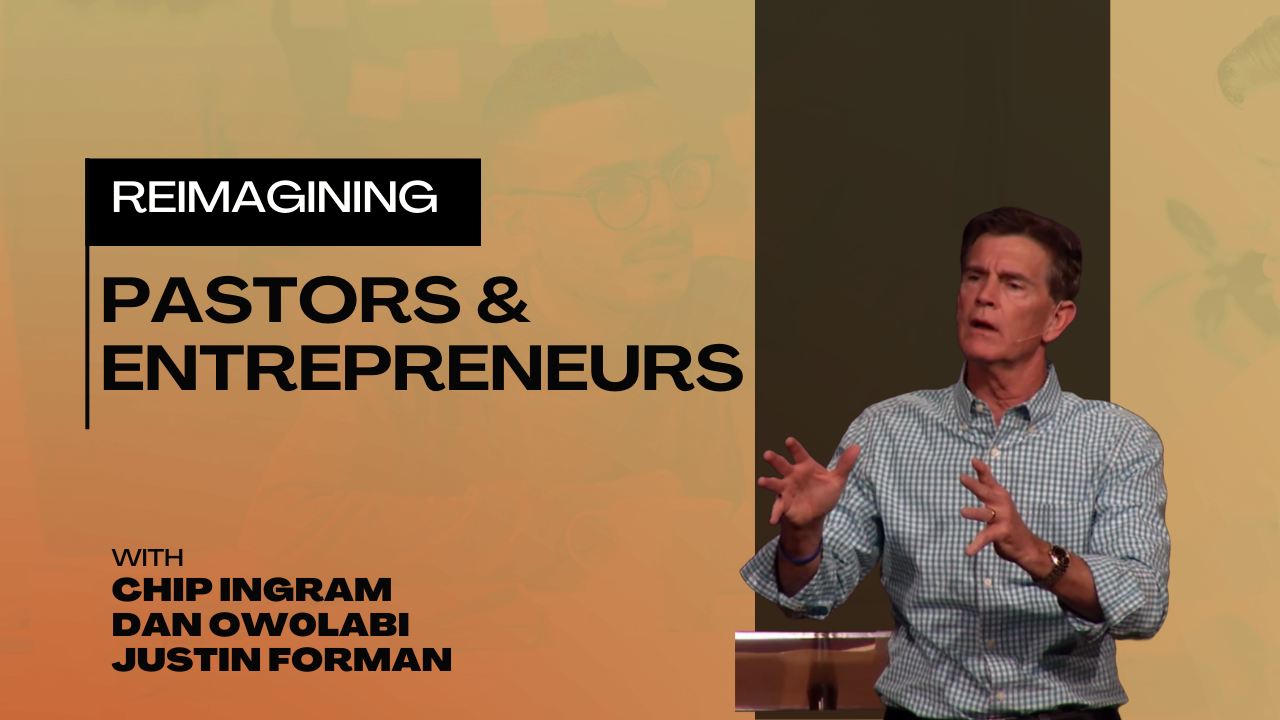
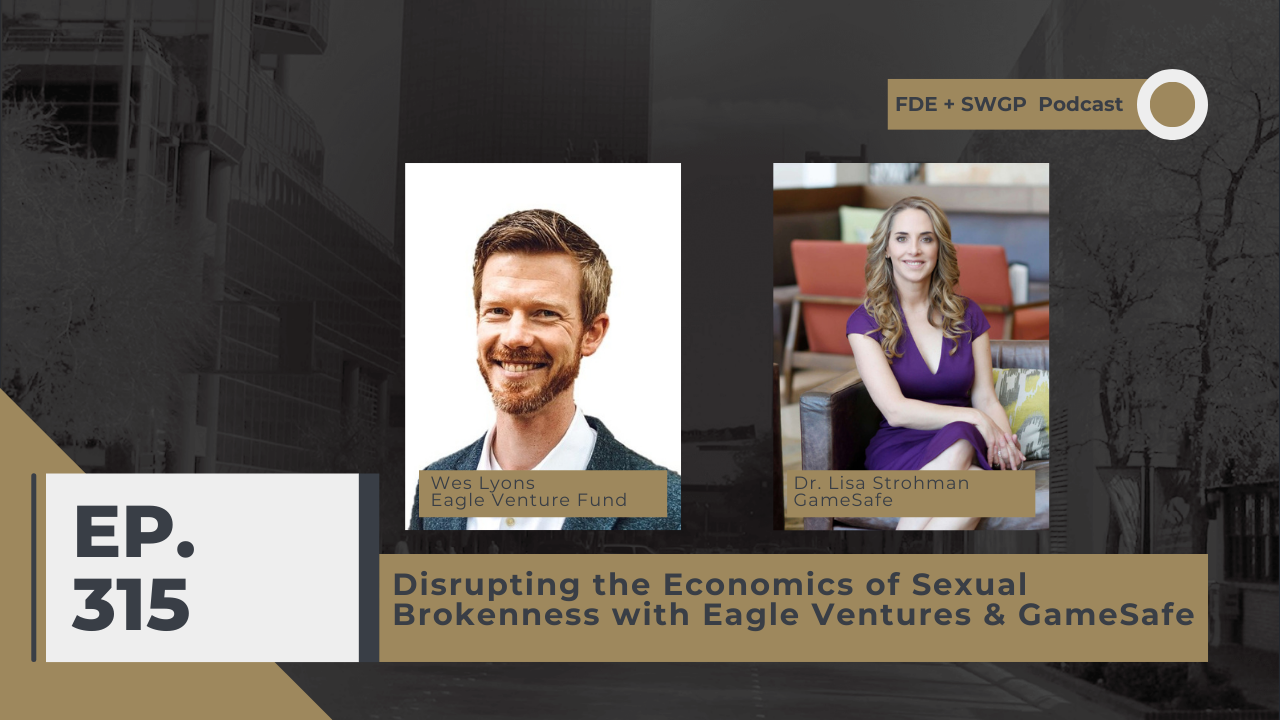
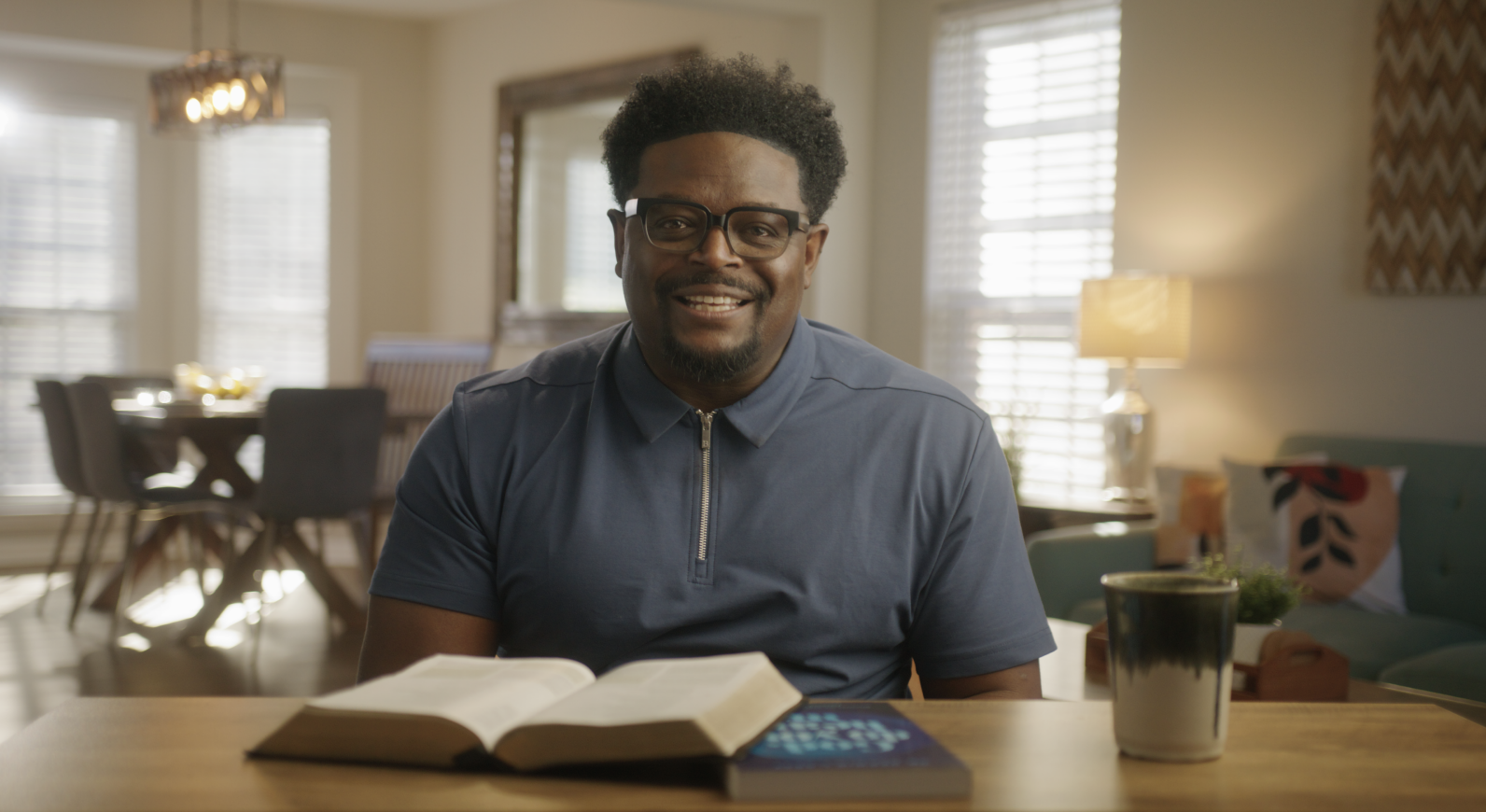

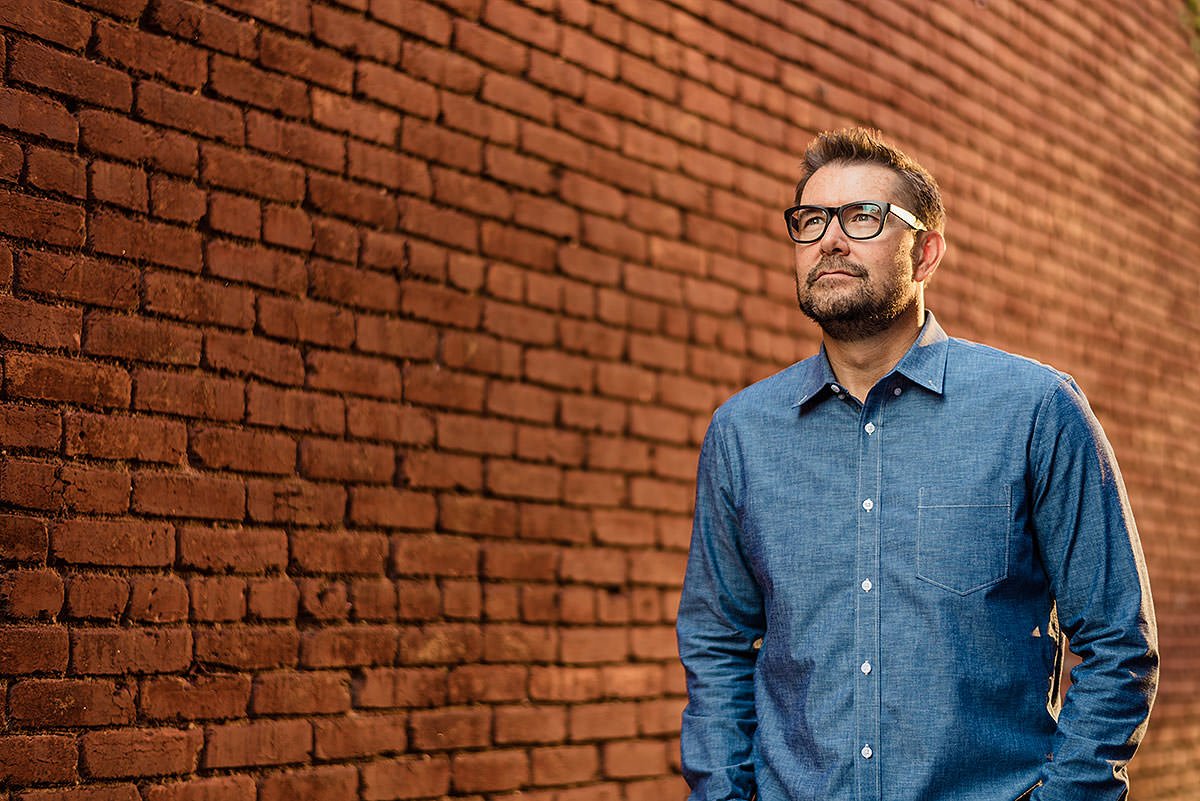
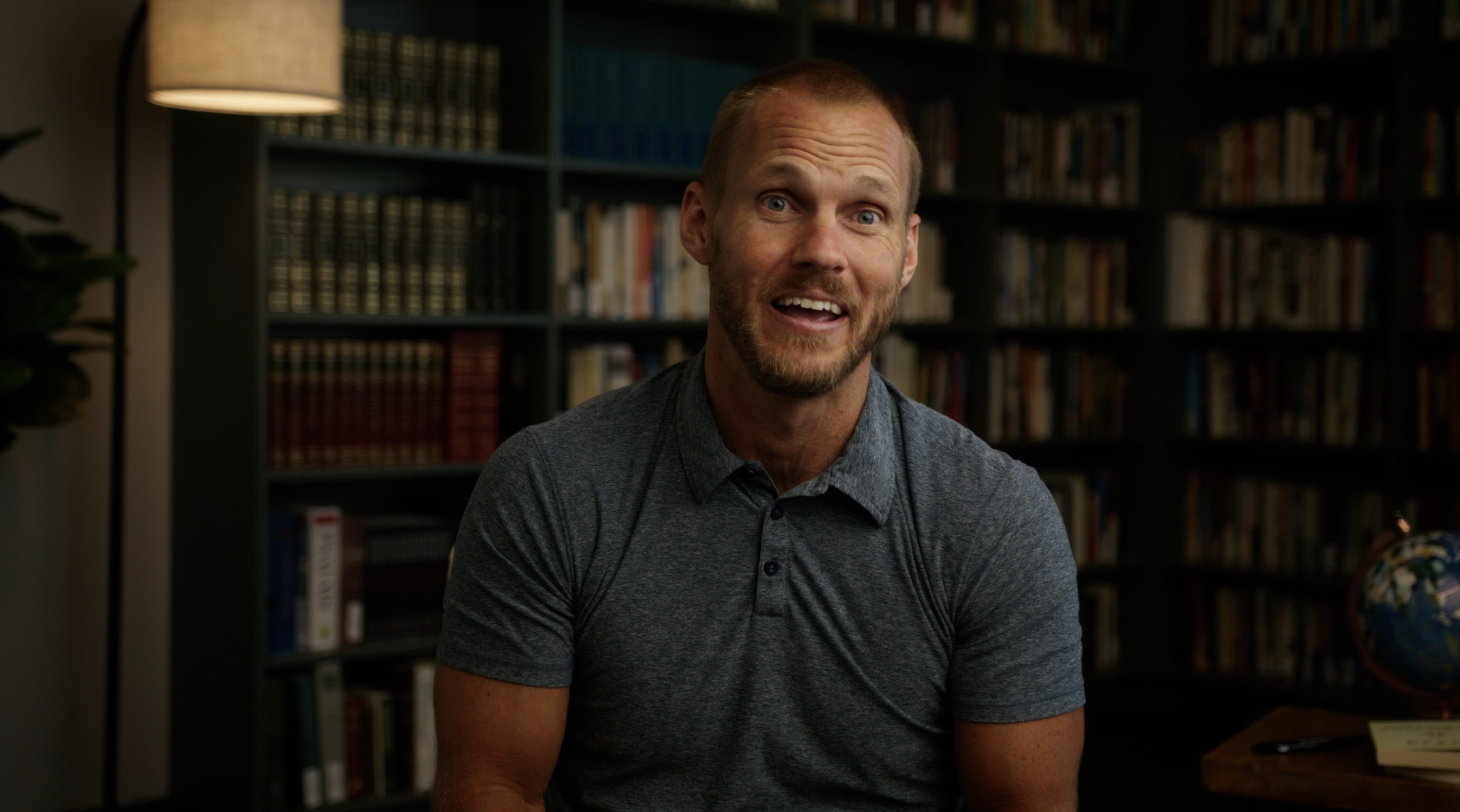
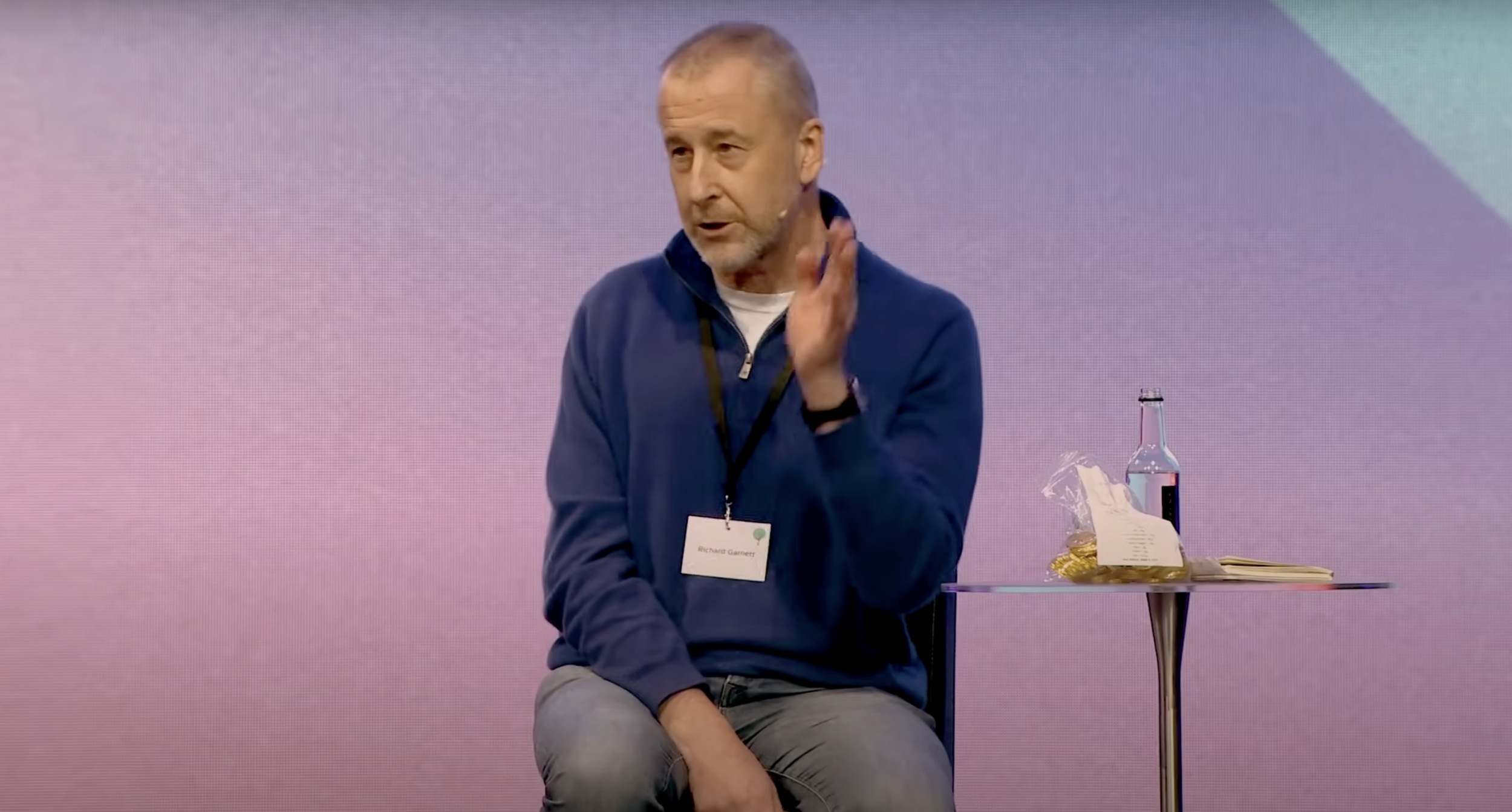
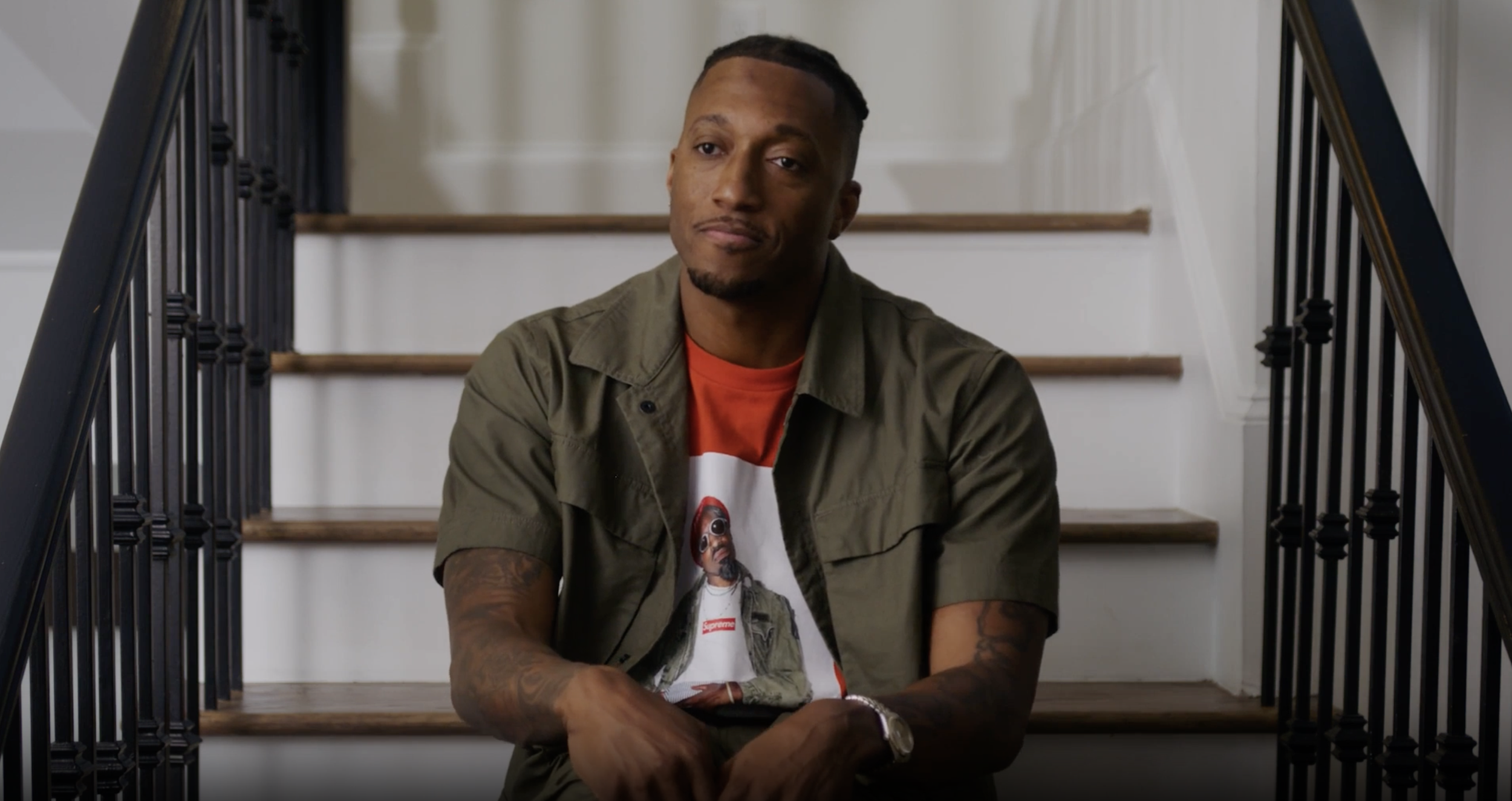
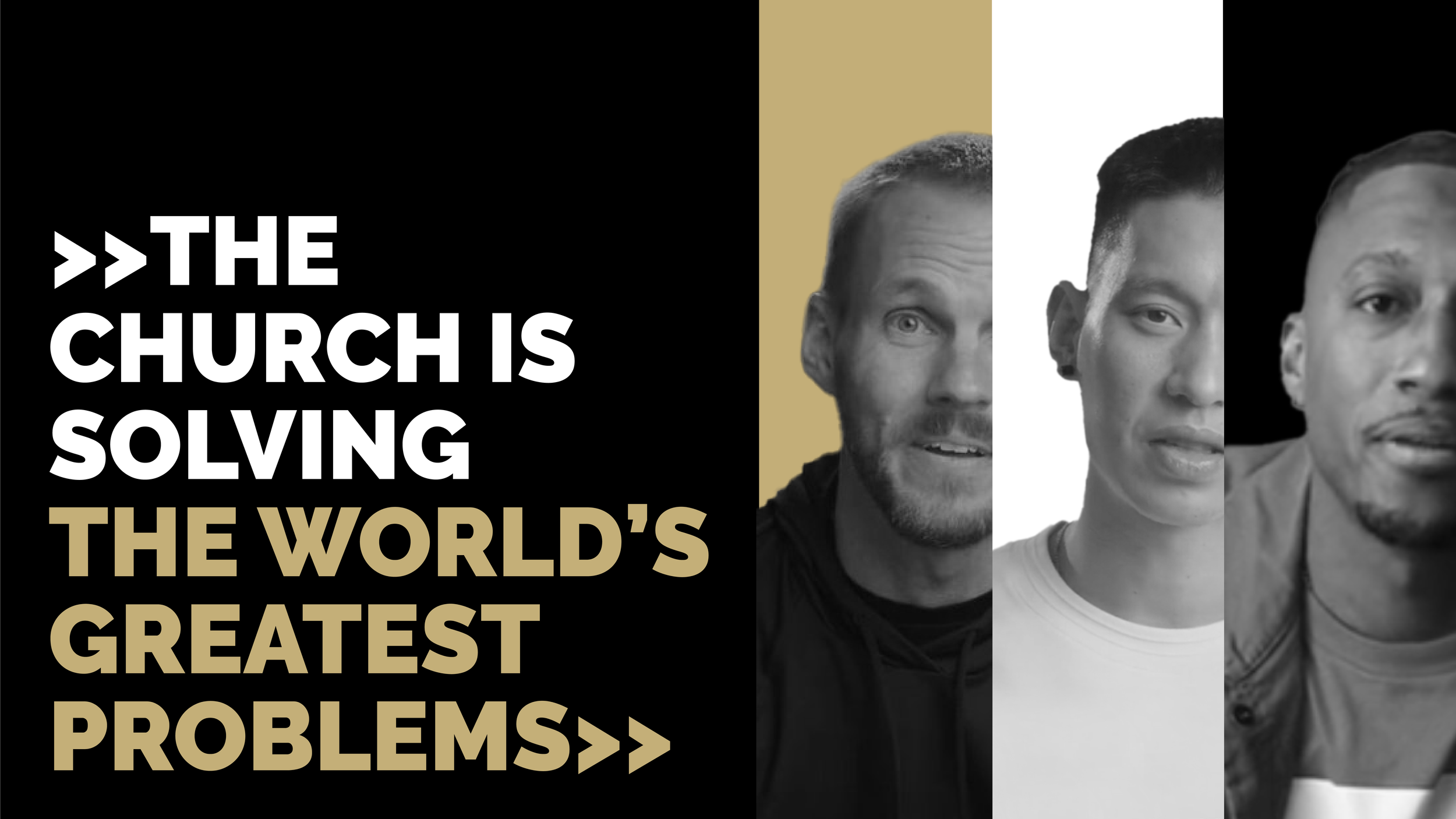
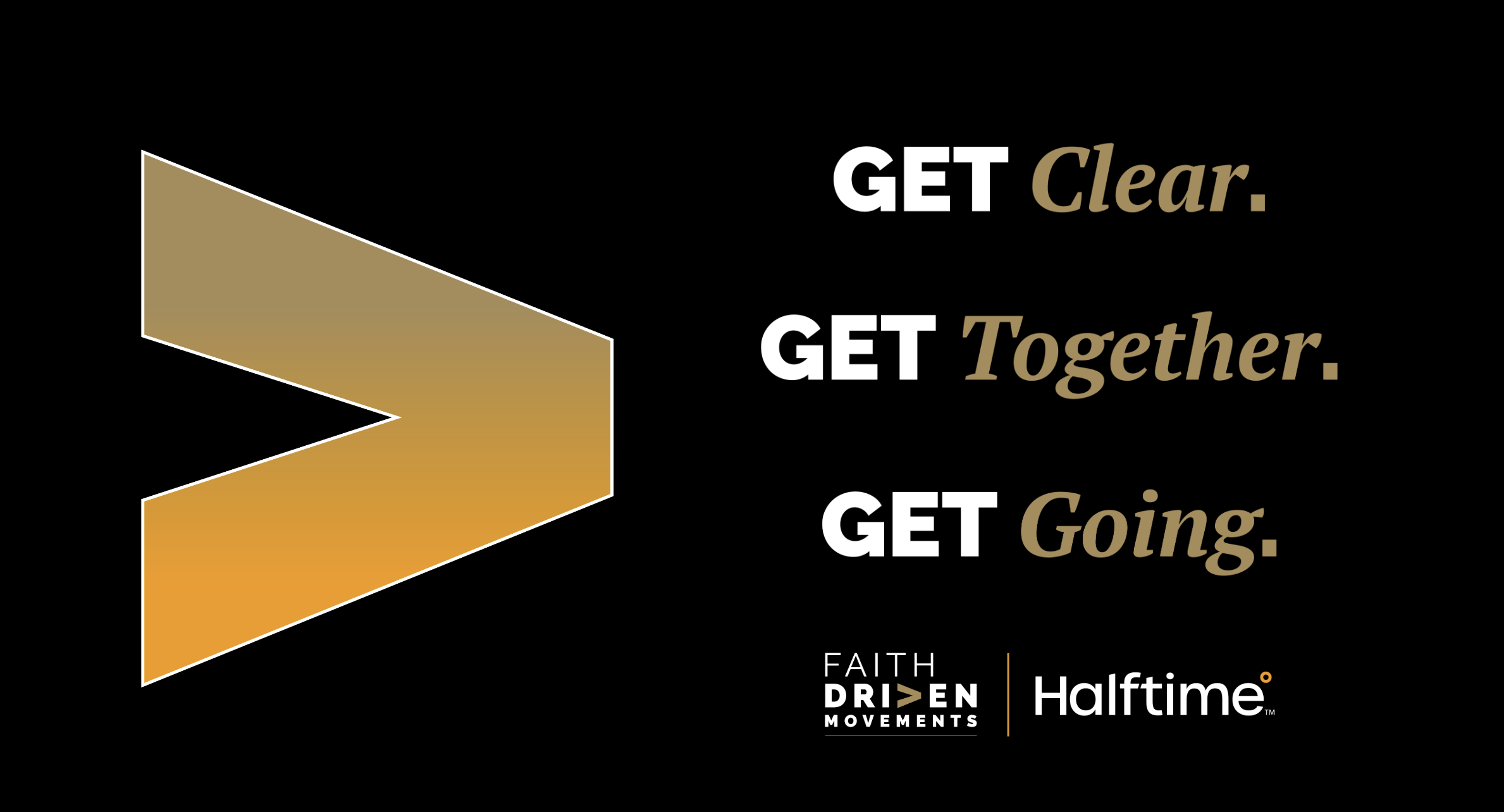
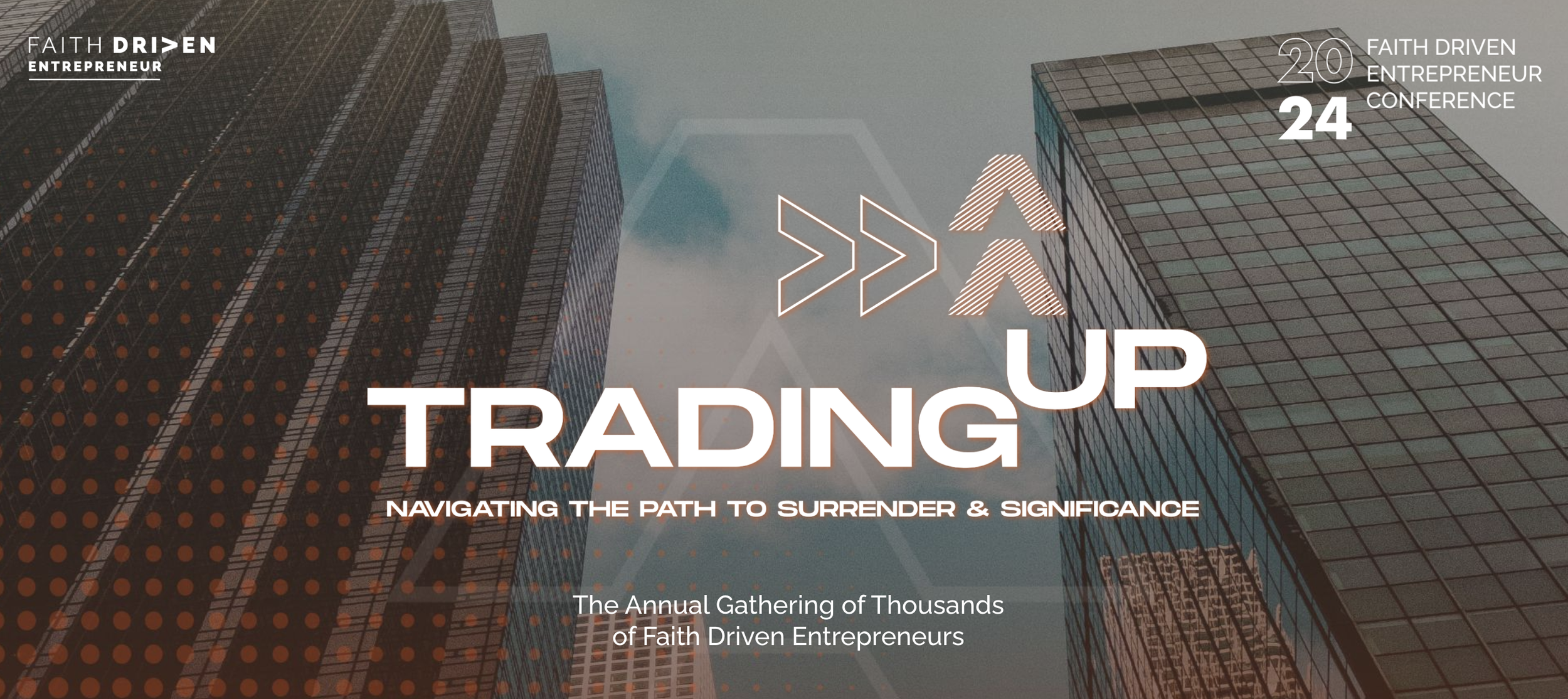
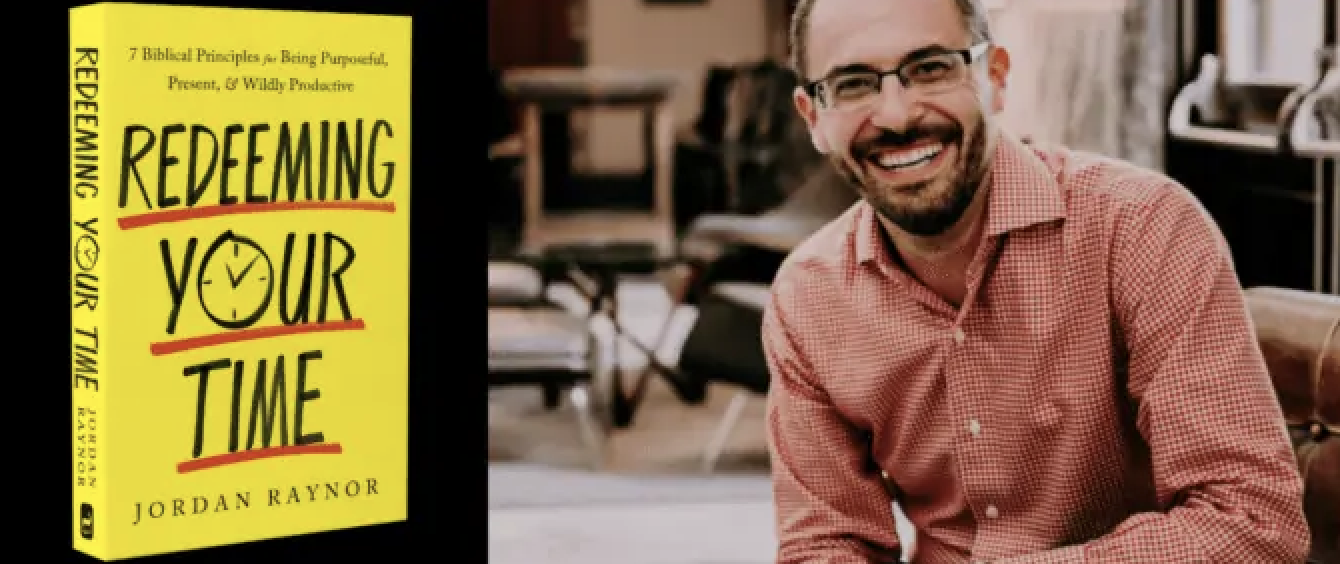
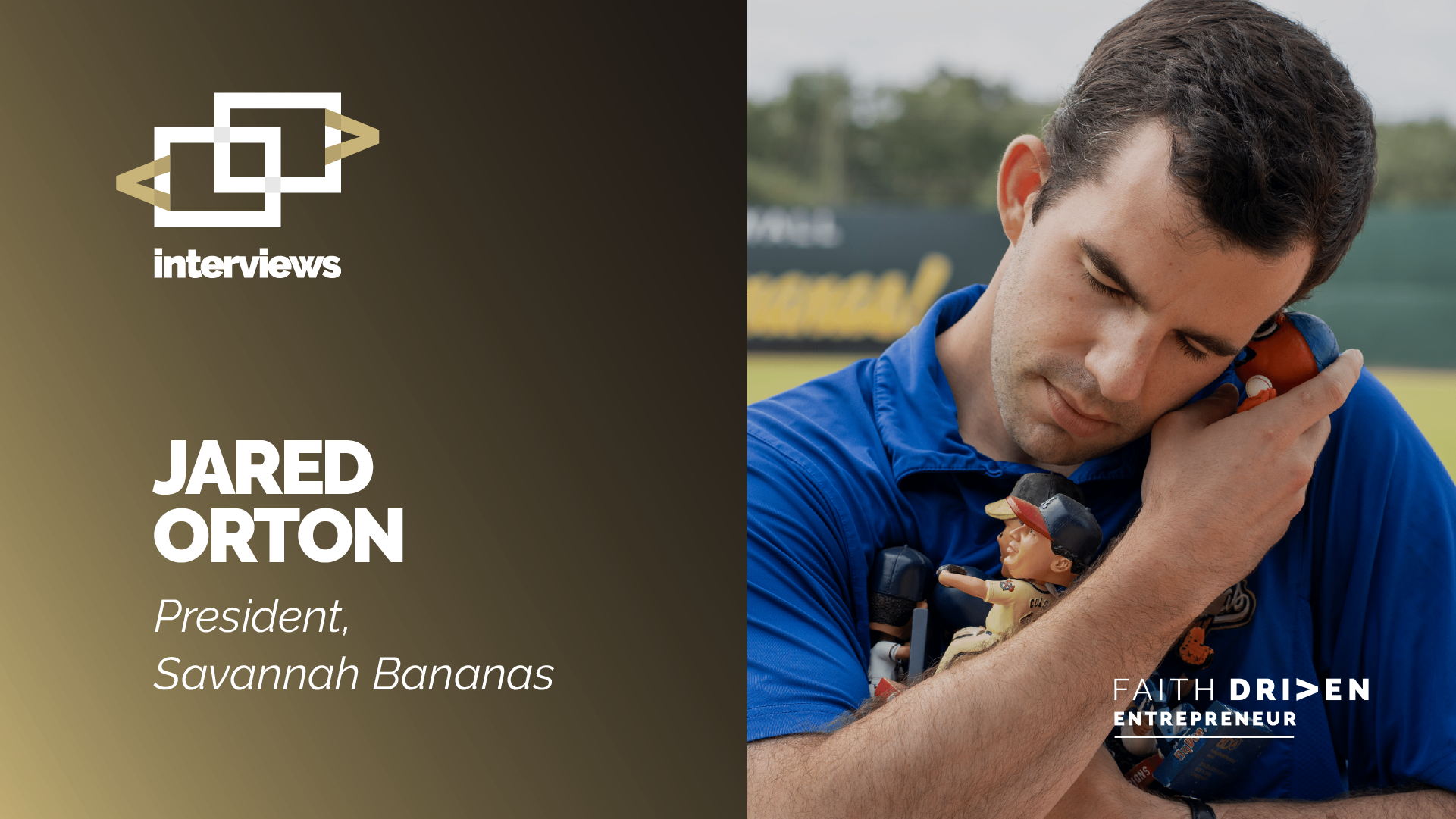
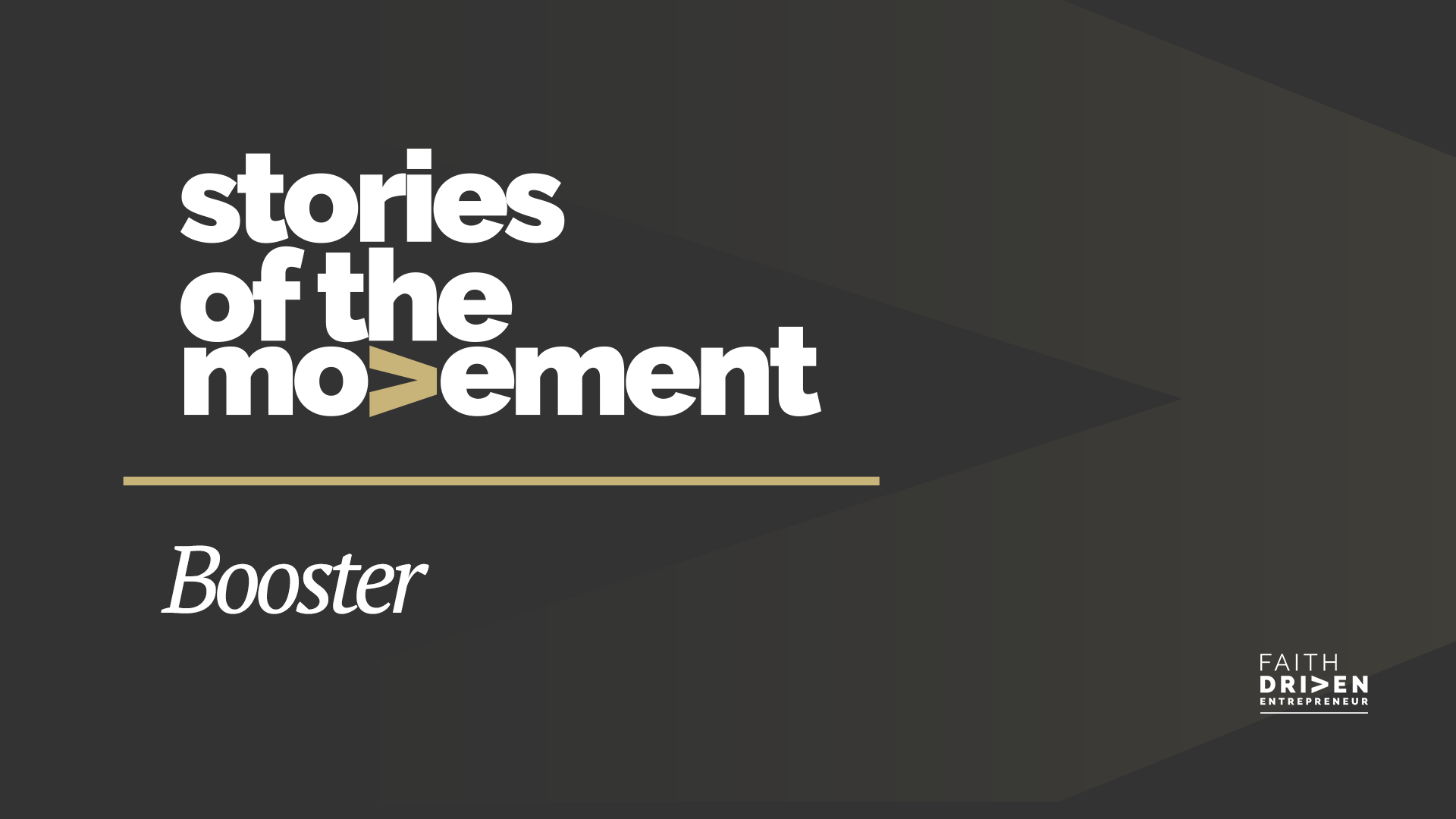
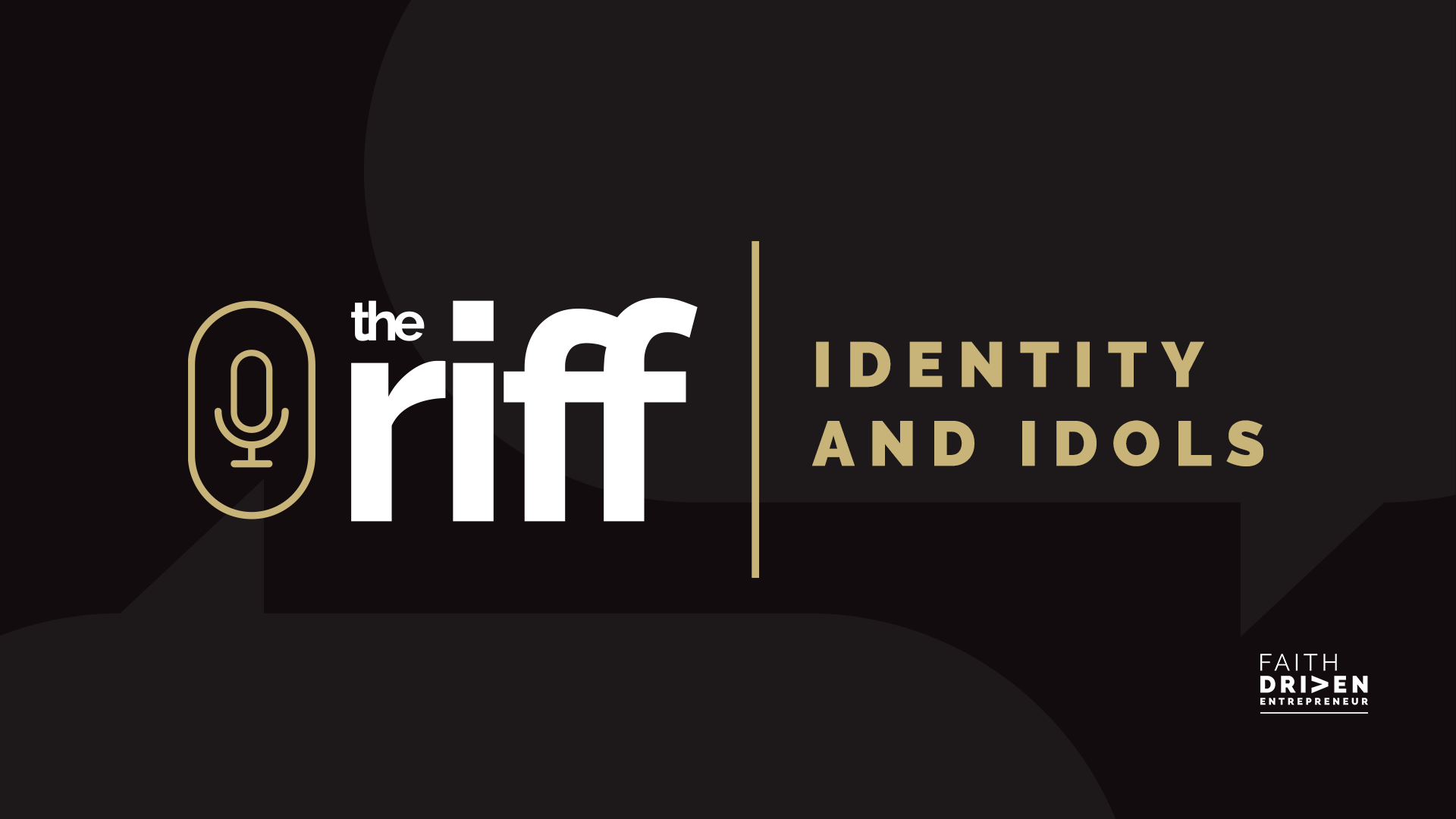
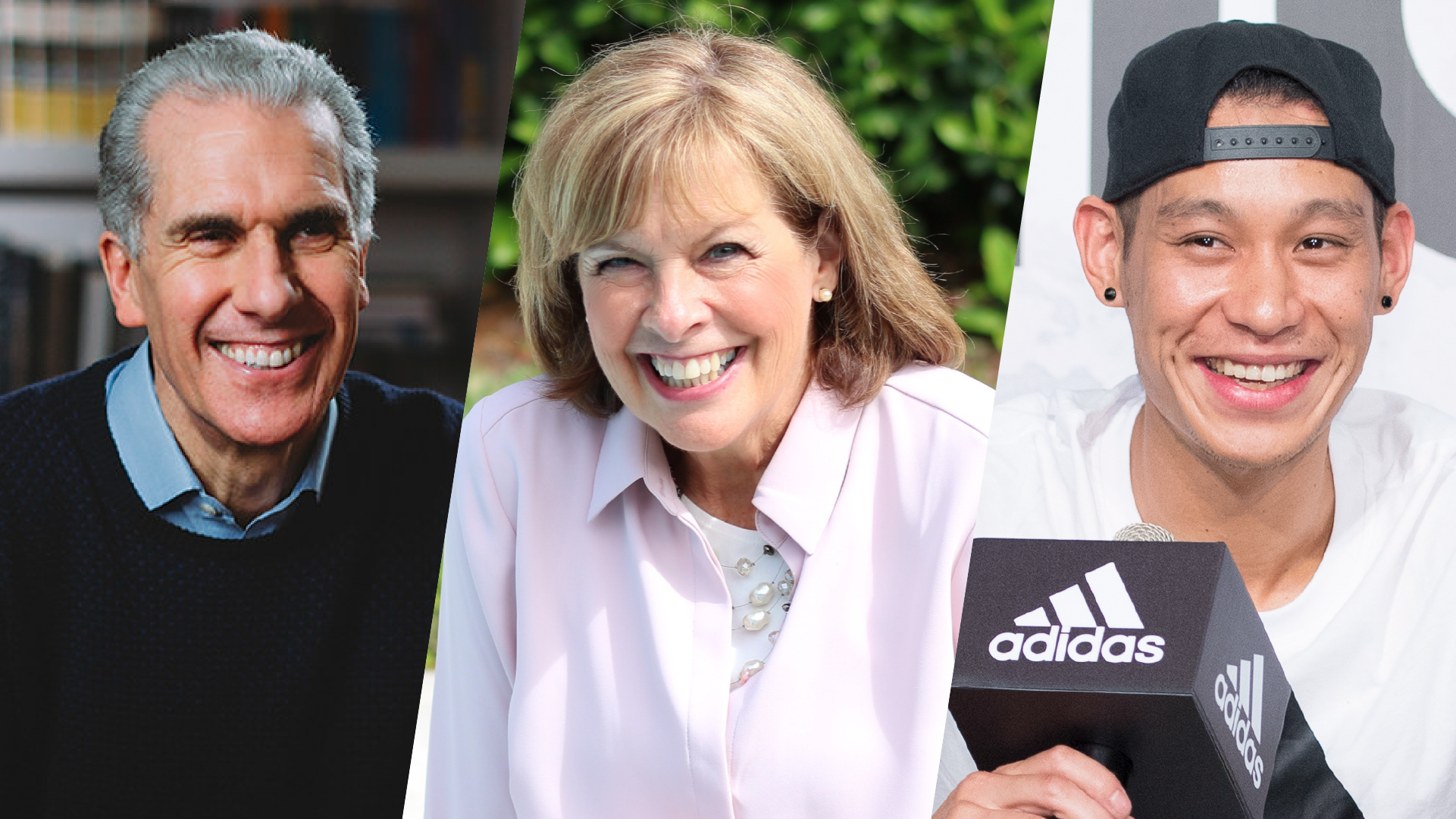
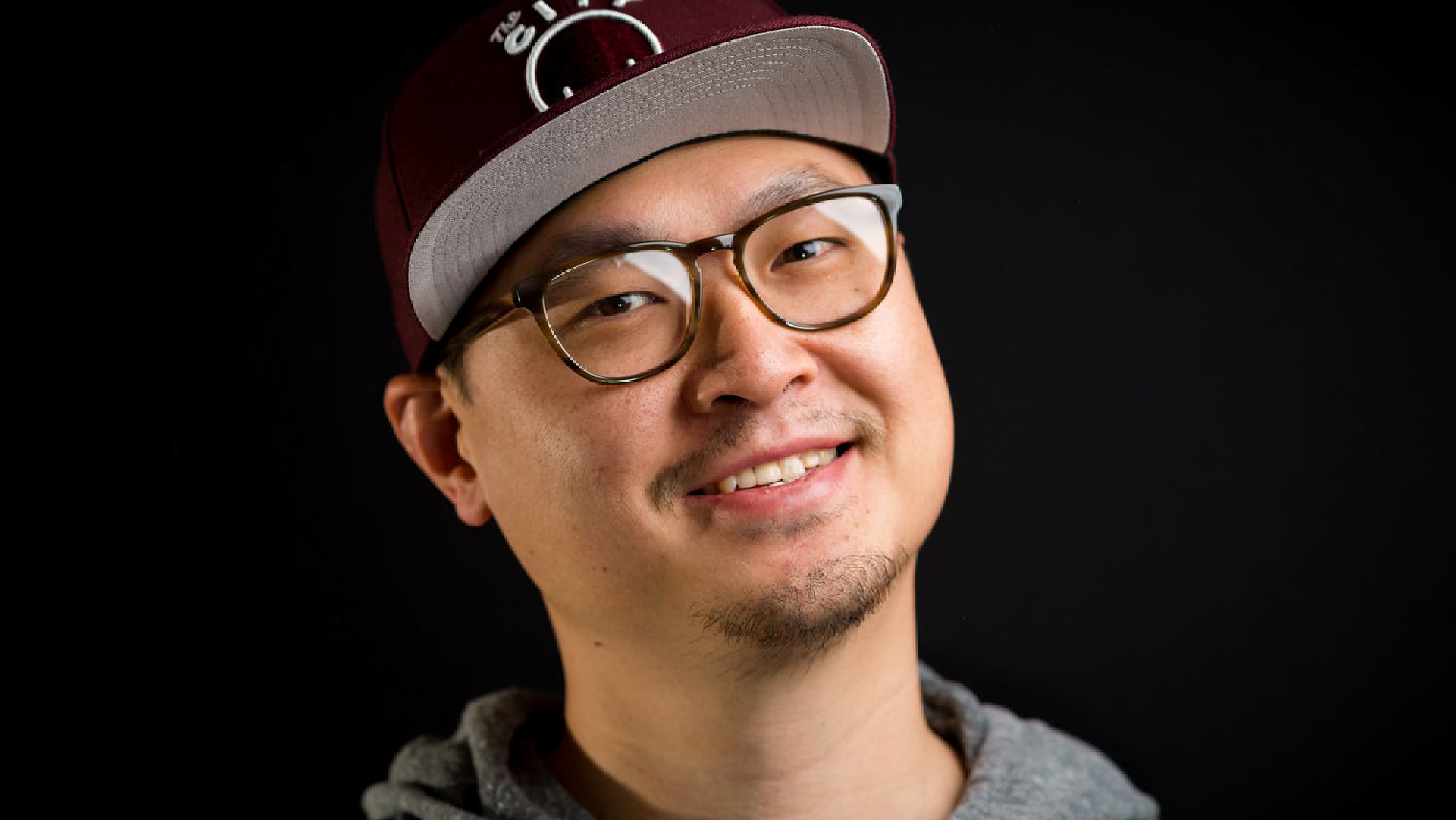
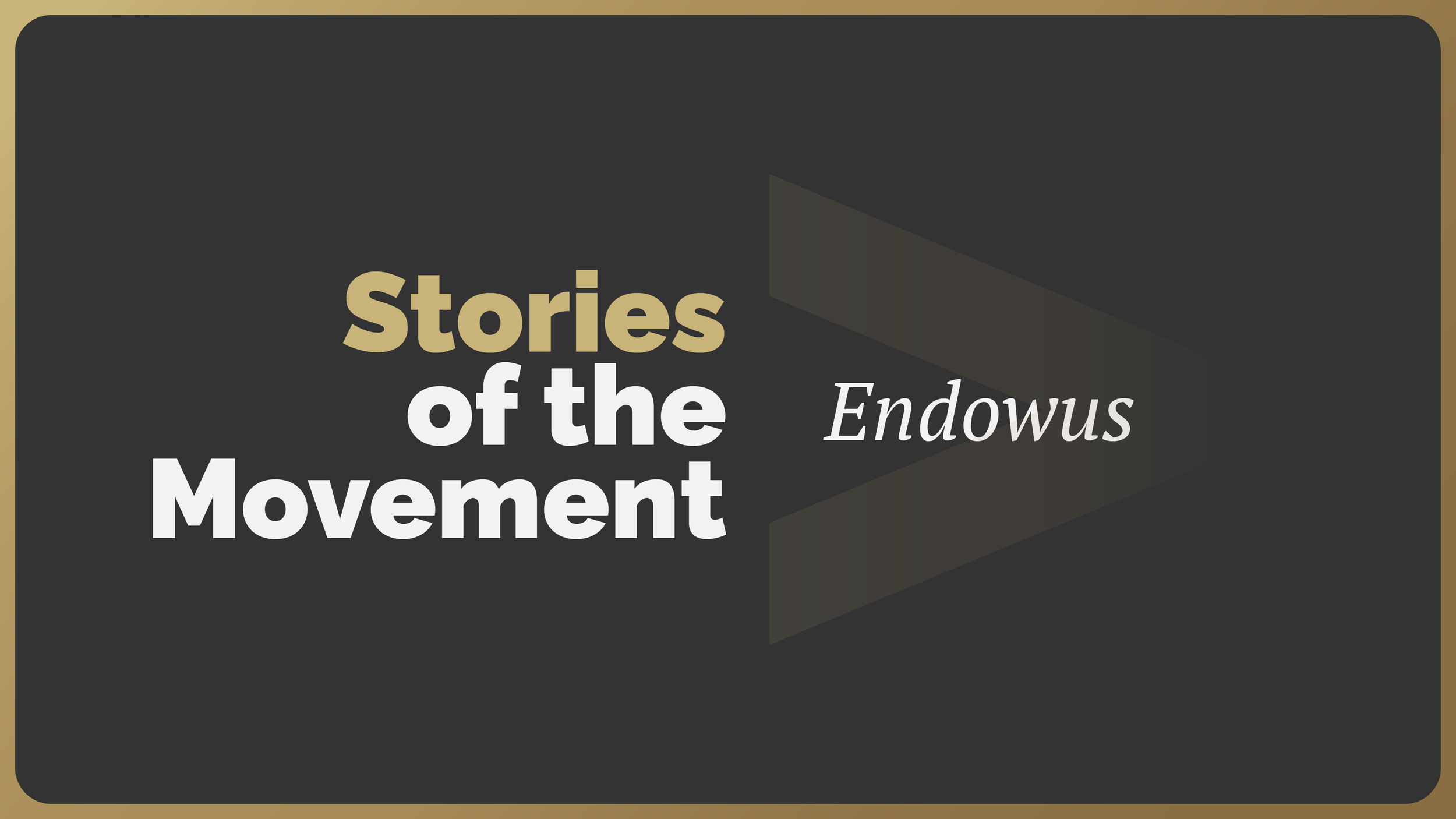

Follow the podcast